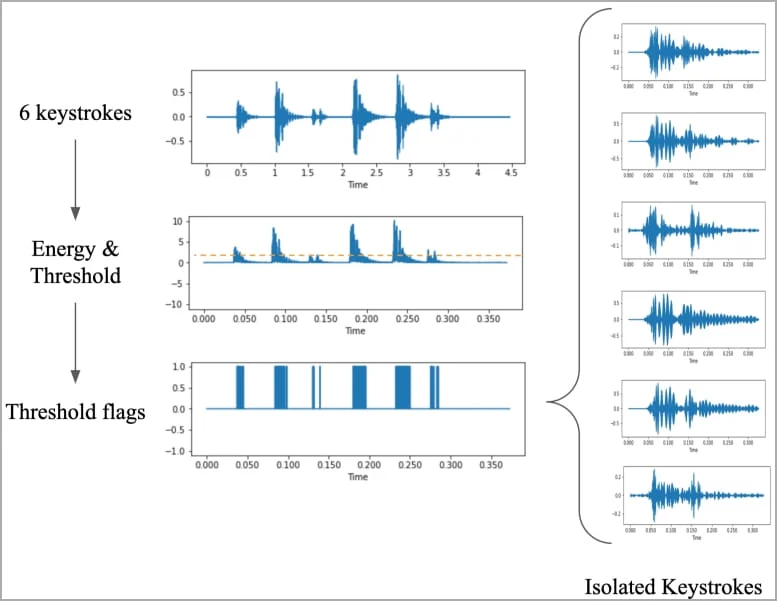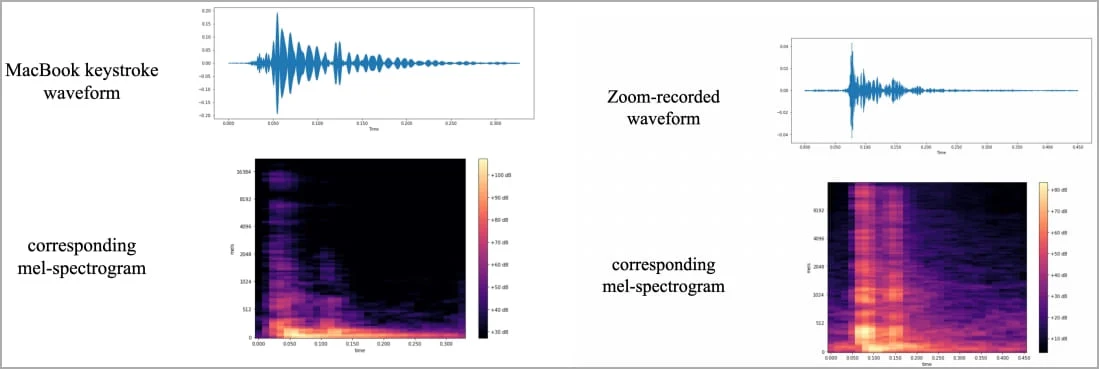AI decrypts passwords using only keyboard sounds

Key Points
- British researchers develop CoAtNet, an AI model that analyzes the sound of individual keystrokes from microphone recordings and identifies sensitive data such as passwords with up to 95 percent accuracy.
- Even in video conferencing, such as Zoom and Skype, the accuracy remains remarkably high at up to 93 percent.
- As a protective measure, the researchers recommend changing typing habits and using password managers.
British researchers have developed an AI model called CoAtNet that can decode sensitive data such as passwords from the sounds of keystrokes with up to 95 percent accuracy.
The research is based on the finding that each key on a keyboard produces a unique acoustic signal. By recording these keystroke sounds with a microphone and then analyzing them with CoAtNet, these signals can be converted back into letters and passwords.
From recording to prediction
The research began with the recording of 36 keys on a MacBook Pro keyboard with an M1 chip and a 16-inch screen, each of which was pressed 25 times. These recordings were converted into waveforms and spectrograms to visualize the differences between each keystroke. The researchers then used this visual data to train the CoAtNet image model.


The researchers placed an iPhone 13 Mini next to a MacBook Pro with an M1 chip and a 16-inch screen to record keystrokes. With this setup, the system achieved up to 95 percent accuracy.
They also showed that their method worked with videoconferencing platforms such as Zoom and Skype, with slightly lower but still high accuracy rates of 93 and 91.7 percent, respectively.

Gateway for cyber attacks
This acoustic attack could compromise passwords, messages, and other sensitive information. Previous similar studies have shown that this form of attack also works on laptops and keyboards from other manufacturers.
Zoom recommends muting the microphone by default, or at least while typing, to increase security. Background noise suppression can also be beneficial.
To increase security, the researchers suggest switching to ten-finger typing, which significantly reduces the acoustic detection rate of individual keys.
In addition, the use of password managers can help minimize the risk of keyboard espionage by eliminating the need to type passwords.
AI News Without the Hype – Curated by Humans
As a THE DECODER subscriber, you get ad-free reading, our weekly AI newsletter, the exclusive "AI Radar" Frontier Report 6× per year, access to comments, and our complete archive.
Subscribe now